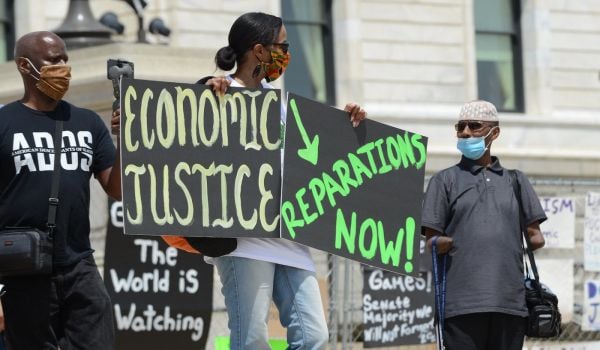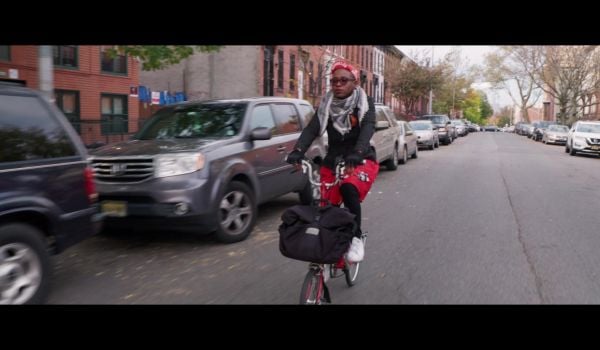Californians who buy new zero-emissions vehicles are already eligible for a rebate of up to $7,000 through the Clean Vehicle Rebate Project, which boasts of helping to bring more than 200,000 clean vehicles to the road over the last eight years. But as with all rebates, there’s a catch: You have to be able to afford the car up front in the first place.
Now, the California Air Resources Board is trying to make clean vehicles accessible to more people with a $5 million pilot grant for a Clean Vehicle Assistance Program. The program provides grants of up to $5,000 for Californians whose income is less than 400 percent of the poverty level and who are seeking to purchase a hybrid or electric vehicle. The program, run by the Oakland-based Beneficial State Foundation, has active since June, but was just announced in a press release from the California Air Resources Board last week.
“Cars and light trucks are the state’s largest source of climate-changing gas emissions,” says Melanie Turner, public information officer for the Air Resources Board, in an email to Next City. “In order to meet California’s health-based air quality standards and greenhouse gas emissions reduction goals, the cars we drive and the fuel we use must be transformed away from petroleum. By making clean cars more affordable, the Clean Vehicle Assistance Program is getting us closer to meeting California’s important air quality and climate goals.”
In the last few months, Beneficial State Foundation has received more than 1,000 applications and made 31 grants, says Jhana Valentine, the Clean Vehicle Assistance Program director. It takes applicants anywhere from six days to four weeks to complete the application process, she says. Beneficial State estimates it will be able to give around 800 grants with the current round of funding—but it is seeking to expand the program beyond the pilot.
“We’ve seen that clean-energy vehicles are seen as not a feasible option for many people,” Valentine says. “Partly that’s because of misinformation about the technology; partly that’s the cost barrier; partly that’s the charging barrier. So we’ve designed a program to address these barriers.”
Grants are available at the rate of $2,500 for hybrids or $5,000 for plug-in hybrids or electric vehicles. They are available for new cars or used cars younger than eight years with fewer than 75,000 miles. The grants are paid directly to car dealers to lower the cost for buyers, according to the program website. Certain applicants can also have charging stations installed in their homes. Turner says the California Air Resources Board will track the impact of the program by monitoring the number, size, and location of the grants and loans administered by Beneficial State Foundation. It also plans to survey grantees to measure the impact of the program, Turner says.
The funding for the pilot comes from California Climate Investments, which directs money from the state’s cap-and-trade program toward efforts that improve public health and the environment. The clean vehicle program is meant to reduce emissions while serving communities that haven’t traditionally had access to clean-energy vehicles, Turner says.
“It increases access to, and awareness of, clean vehicles to low-income consumers, and helps make clean cars affordable,” Turner says. “Clean cars also mean lower fuel costs when compared to gasoline-powered vehicles, lower maintenance costs, and more reliable transportation because it enables consumers to get into newer, cleaner vehicles. The program helps people in disadvantaged communities, or those most impacted by pollution.”
Turner and Valentine say the program is being marketed statewide, but with a special emphasis on disadvantaged communities in urban and rural areas. Those communities are identified using CalEnviroScreen, a tool that tracks areas that are disproportionately impacted by multiple sources of pollution. (Read previous Next City coverage related to CalEnviroScreen here.)
Beneficial State Foundation also owns Beneficial State Bank, founded in 2007 “to transform the banking industry for good,” says Valentine. So in addition to grants, applicants can also access low-interest auto loans through the bank.
All of the bank’s profits go to the foundation, which uses the funds to support community goals. “The belief is that the banking industry today doesn’t really uphold communities in the ways that it should,” Valentine says. “It really puts profit before people.”
The income limits for the program were determined through a public process as part of the California Air Resources Board’s annual funding plan, according to Turner. And they’re designed to make the program accessible to people with little or no credit history, she says.
“We see it as a way to really increase access to the cost benefits of clean vehicles for individuals and families, and then collectively address the air quality for California by improving it through reducing tailpipe emissions,” Valentine says.

Jared Brey is Next City's housing correspondent, based in Philadelphia. He is a former staff writer at Philadelphia magazine and PlanPhilly, and his work has appeared in Columbia Journalism Review, Landscape Architecture Magazine, U.S. News & World Report, Philadelphia Weekly, and other publications.
Follow Jared .(JavaScript must be enabled to view this email address)

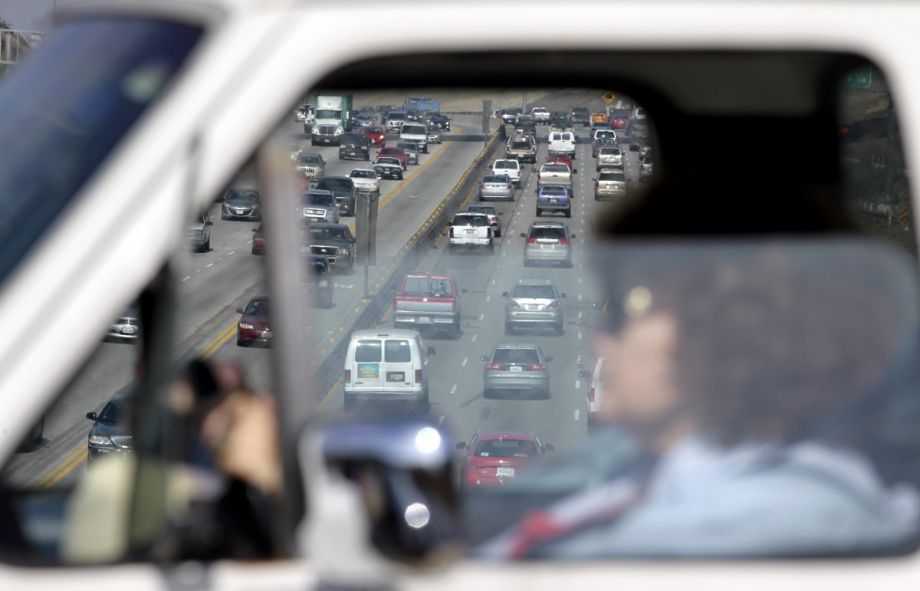

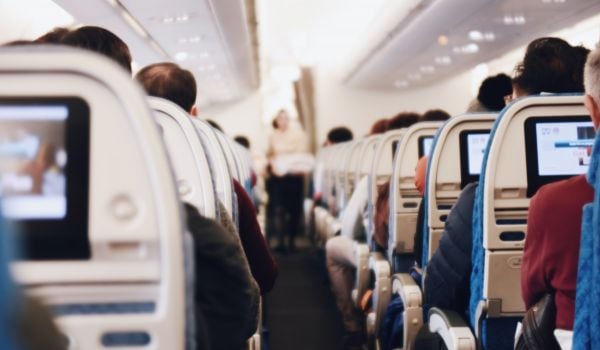
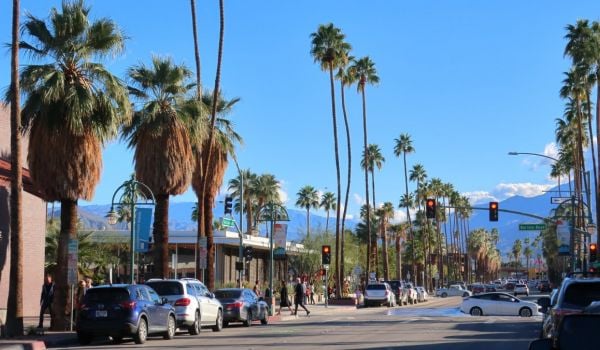
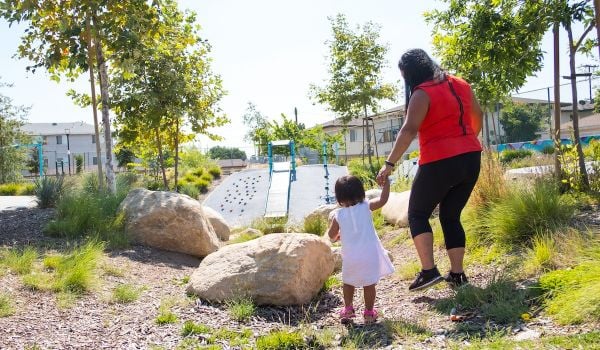
_600_350_80_s_c1.jpg)
